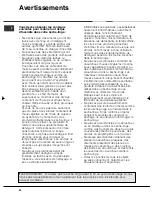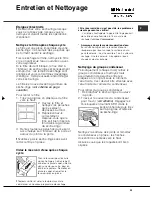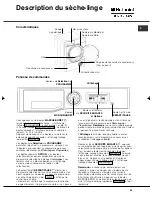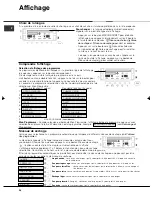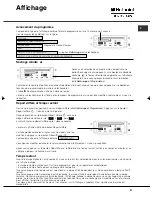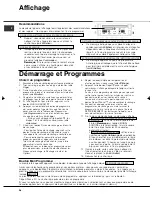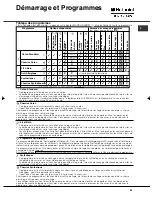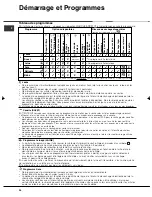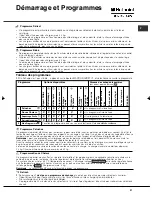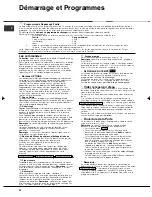
17
GB
Service
Spare Parts
This dryer is a complex machine. Repairing it yourself
or having a non-authorised person try to repair it could
cause harm to one or more persons, could damage
the machine and could invalidate the spare parts
warranty.
Call an authorised technician if you experience problems
while using the machine.
Before calling the Service Centre:
●
Use the troubleshooting guide to see if you can
solve the problem yourself (
see Troubleshooting
).
●
If not, turn off the dryer and call the Service Centre
closest to you.
What to tell the Service Centre:
●
name, address and post code.
●
telephone number.
●
the type of problem.
●
the date of purchase.
●
the appliance model (Mod.).
●
the serial number (S/N).
This information can be found on the data label inside
the door of the machine.
Disposal of old electrical appliances
The European Directive 2012/19/EC on Waste Electrical
and Electronic Equipment (WEEE), requires that old
household electrical appliances must not be disposed
of in the normal unsorted municipal waste stream. Old
appliances must be collected separately in order to
optimise the recovery and recycling of the materials
they contain and reduce the impact on human health
and the environment.
The crossed out “wheeled bin” symbol on the
product reminds you of your obligation, that
when you dispose of the appliance it must be
separately collected.
Consumers should contact their local authority or
retailer for information concerning the correct disposal
of their old appliance.
As part of our continued commitment to helping
the environment, we reserve the right to use
quality recycled components to keep down customer
costs and minimise material wastage.
●
Disposing of the packaging material: follow local
regulations, so the packaging can be recycled.
●
To minimise risk of injury to children, remove the
door and plug - then cut off mains cable, flush
with the appliance. Dispose of these parts separately
to ensure that the appliance can no longer be
plugged into a mains socket.
Save energy and respect the environment
Recycling and Disposal Information
●
Wring out items to eliminate excess water before tumble drying (if you use a washing machine first, select a high
spin cycle). Doing this will save time and energy during drying.
●
Always dry full loads - you save energy: single items or small loads take longer to dry.
●
Clean the filter after each use to contain energy consumption costs (
see Maintenance
).




















